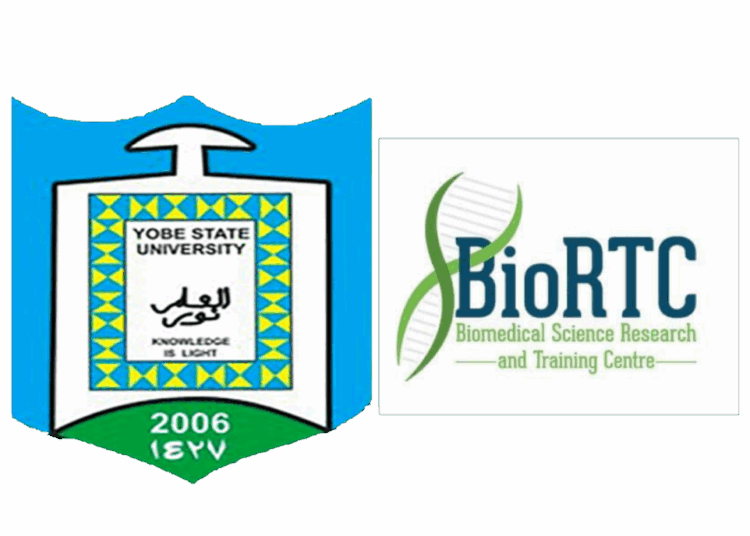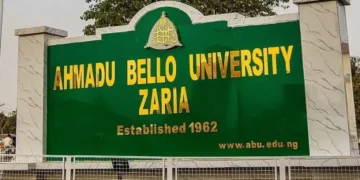The Biomedical Science Research and Training Centre (BioRTC) at the Yobe State University has taken a historic step in advancing biomedical research, successfully collecting more than 1,100 biopsy and blood samples in Nigeria’s first large-scale dementia cohort study.
The project, led by BioRTC Founder and Director, Professor Mahmoud Bukar Maina who also serves as Honourary Special Adviser on Science, Research and Innovation to Governor Mai Mala Buni was designed to contribute to Africa’s first open-access induced pluripotent stem cell (iPSC) biobank.
Prof. Maina has while speaking on the project explained that though, dementia remained the central focus, the project is deliberately broad, with every participant screened for other health challenges such as diabetes, hypertension, kidney disease, malaria, and infectious diseases.
He further said the integrated approach was meant to ensure that the data collected will feed into multiple BioRTC-led initiatives and directly benefit Yobe communities.
“This milestone is not just about dementia, it’s about placing Yobe on the global map of biomedical research,” Prof. Maina said.
“By combining community engagement, world-class science, and partnerships across Nigeria, the UK, USA, the Netherlands, and other African countries, we are building the foundation for discoveries that will benefit our people and contribute to global health.”
He expressed deep appreciation to the Yobe State Government under the able leadership of Governor Mai Mala Buni for its sustained support adding that due to the commitments to health and research, enabled the use of Primary Health Care centres in Damaturu as research hubs.
Prof. Maina also commended the Executive Secretary of the Yobe State Primary Health Care Board, Dr. Babagana Kundi Machina, for his role in facilitating smooth field operations.
The Director equally acknowledged the support of the Emir of Damaturu, Alhaji (Dr) Shehu Hashimi II Ibn Umar El-Kanemi, and the people of Yobe whose participation he described as “the heart of the research.”
“This work is showing the world that cutting-edge science can be done here in Yobe, with our communities at the centre. The knowledge we generate will help detect diseases earlier, improve treatments, and ultimately save lives,” Prof. Maina concluded.





